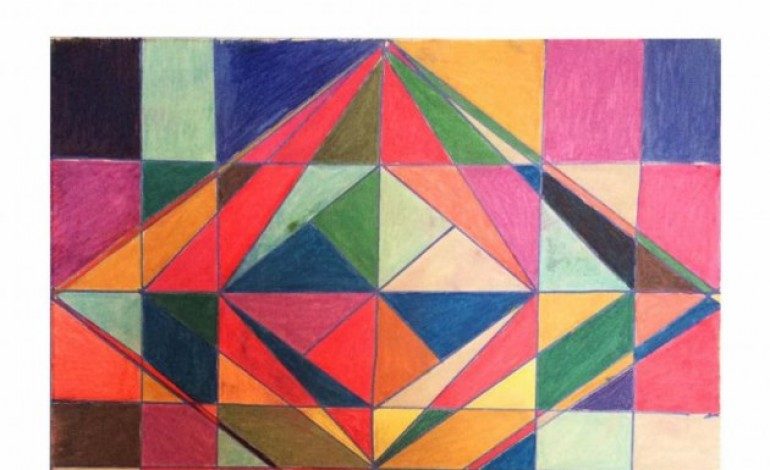

A Bass-Heavy Sound
John Wardle, better known by his stage name Jah Wobble, rose to fame in the late ‘70s for his contributions to the British post-punk band Public Image Ltd. He paired his incredible deep bass with Johnny Rotten’s vocal antics and Keith Levene’s shrill guitars to produce a blaringly eclectic brand of rock. However after leaving the group following their sophomore album, Jah Wobble has gone on to enjoy a successful solo career. He has collaborated with a host of musicians including Björk, Brian Eno and Sinead O’Connor, even founding his own band – Invaders of the Lost Heart. More impressively, Jah Wobble has demonstrated his unique ability to perform within a wide assortment of musical genres.
His most recent offering, Everything Is No Thing, sees the bassist continuing his explorations into dub reggae, afro-funk and jazz. From the start of the first track “Cosmic Blueprint,” Jah Wobble establishes the album’s sound with a plodding riff. Meanwhile, the Invaders color Wobble’s booming bass with flavorful bits of melodic and rhythmic accompaniment. In this particular track, some tremendously jazzy guitar and piano help to instill the band’s sound with a sense of vigor and excitement. This theme continues throughout the nine subsequent tracks of Everything Is No Thing, as the group’s more avant-garde leanings are grounded by Jah Wobble’s relatively simple bass figures. On “Deposition,” the repetition of the bass line works to anchor the frenetic dissonance of the sax solo – all within a hypnotic 5/4 time signature. Similarly, the funky synths and subdued guitar arpeggios of “Mandala” are joined by some wonderfully syncopated bass notes. While Jah Wobble’s lines make little attempt to grandstand, instead employing rather static harmonies, his rhythmic accents and distinctively heavy timbres still help to place his bass at the center of each track.
This is not to undersell the technical ability of Jah Wobble’s Invader counterparts. The improvised solos are magnificent on certain tracks (e.g. “Cosmic” and “Freedom Principle”). Additionally, Marc Layton-Bennet’s breakneck drumming helps to establish a sense of rhythmic intensity that permeates the entire album. “Infinity in the Void” and “Symmetrical/Asymmetrical,” in particular offer stirring upbeat performances.
Everything Is No Thing occasionally gets a bit ambitious in its implementation of musical texture, as the mix can get a bit crowded at times. The electrifying finale of “Cosmic” and the somewhat cluttered solo sections of “We-Me” can certainly overwhelm the senses. But these moments are merely steeped in the maximalist tendencies of the avant-garde tradition. Those who detest this genre may find certain passages difficult; however jazz enthusiasts should relish in the group’s impressive musicality. All things considered, Everything Is No Thing is able to maintain influences from a diverse enough pool of genres to ensure that it will appeal to most lovers of technically-minded instrumental music.
